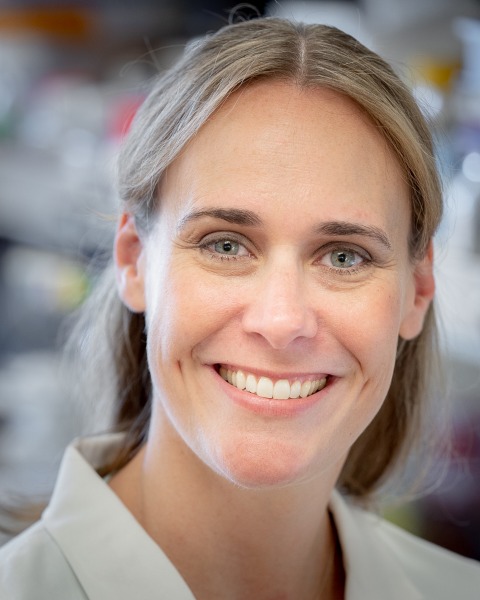Back
On-demand recording will be available 24hrs after the presentation.
Assay Development and Screening
Advanced Imaging and High Content Assays
High content imaging of organs-on-chips: a window into colorectal cancer progression
On-Demand
Location: 205ABC

Shannon Mumenthaler, PhD
Faculty and Lab Director
Lawrence J. Ellison Institute for Transformative Medicine of USC, California, United States
The highly complex and evolving nature of cancer makes it challenging to study. Here we describe a microfluidic organ-on-chip platform, incorporating tissue-tissue interfaces and physical forces to support novel interrogations of colorectal cancer progression. The integration of our organ-on-chip model with high content imaging and mass spectrometry based metabolomics provides for dynamic tumor cell phenotyping. Using a 3D printed organ-on-chip cradle, we employed live-cell imaging and analysis to quantify the number of tumor cells that have invaded from the epithelial channel into the vascular channel, mimicking intravasation, an early event in the metastatic cascade. The tunable nature of the organ-on-chip platform supports the modulation of tumor microenvironmental features and the resulting changes to tumor cell behavior can be measured by on-chip imaging or effluent-based analyses. We determined that peristalsis-like mechanical forces impact the invasion capacity of tumor cells, with more tumor cells undergoing intravasation into the vascular channel when peristalsis motions are present. We revealed GABAergic changes in the effluent suggestive of neurotransmitter implications in peristalsis-mediated tumor cell invasion. GABA antagonists reversed the observed tumor cell invasion phenotype, thus reducing the spread of tumor cells. This work reveals important interactions between colorectal cancer cells and their microenvironment, which can be used to prevent or delay cancer progression.


